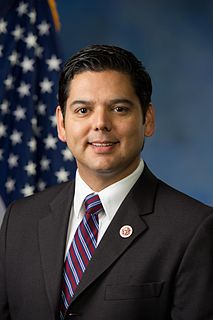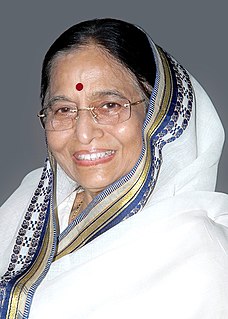A Quote by Ben Bernanke
In many spheres of human endeavor, from science to business to education to economic policy, good decisions depend on good measurement.
Related Quotes
Realism as a foreign policy doctrine means basically you don't care about values; you consider them a luxury, and it leads to a kind of acquiescence in spheres of influence. Now, spheres of influence sound good if you're a graduate student, or a certain kind of - an academic with a certain habit of mind. But in fact, spheres of influence don't work out very well, certainly not for the victims, and there are always victims.
Foreign policy is now a huge field. It isn't just people who are studying political science. There are so many aspects to it in terms of understanding hard science for people who are studying climate change, or people who are interested in health policy or food security, or people who care about education.
We are living in a society that is totally dependent on science and high technology, and yet most of us are effectively alienated and excluded from its workings, from the values of science, the methods of science, and the language of science. A good place to start would be for as many of us as possible to begin to understand the decision-making and the basis for those decisions, and to act independently and not be manipulated into thinking one thing or another, but to learn how to think. That's what science does.
I believe economic growth should translate into the happiness and progress of all. Along with it, there should be development of art and culture, literature and education, science and technology. We have to see how to harness the many resources of India for achieving common good and for inclusive growth.
I believe economic growth should translate into the happiness and progress of all. Along with it, there should be development of art and culture, literature and education, science and technology. We have to see how to harness the many resources of India for achieving common good and for inclusive growth.
Hope is easy; knowledge is hard. Science is the one domain in which we human beings make a truly heroic effort to counter our innate biases and wishful thinking. Science is the one endeavor in which we have developed a refined methodology for separating what a person hopes is true from what he has good reason to believe.



































